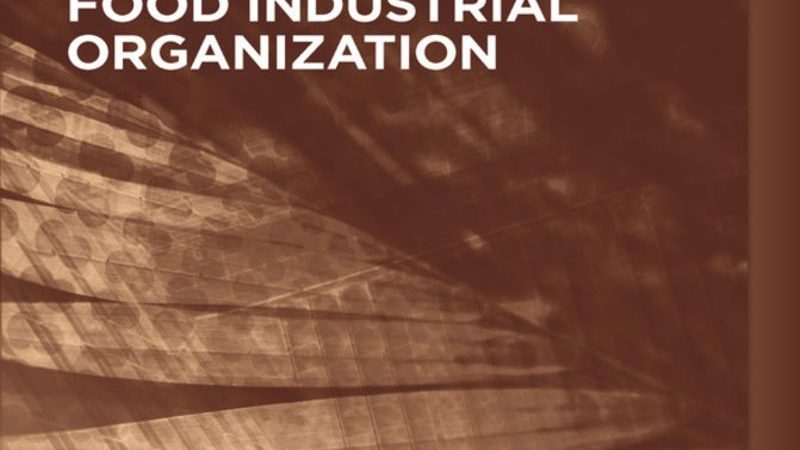
We use two Almost Ideal Demand Systems models on scanner data to analyse the demand for two food products (milk and coffee). Each demand system is composed of four products varying in the presence of an ecolabel (with or without) and the brand (national brand vs private label). First, we aim to compare the demand for PL and NB ecolabeled products. While PLs are brands owned and controlled by retailers and specific to eachretailer, NBs are owned and controlled by manufacturers and can be offered by several retailers. Second, we aim to assess the impact of information campaigns designed to raise awareness and knowledge of ecolabels. We find that demand is more elastic for ecolabeled goods as in the literature but we find this result only for NB goods (milk and coffee) and not for PL goods. We also find substitutability between ecolabeled and conventional goods as in the literature but only within the NB goods (milk only) and within the PL goods (milk and coffee). We also find complementarity between NB conventional and PL ecolabeled goods (milk and coffee). Finally, we find that information campaigns increase the predicted expenditure shares of PL organic milk by 33% and of NB fair trade coffee by 50%. But these effects are non-lasting.
